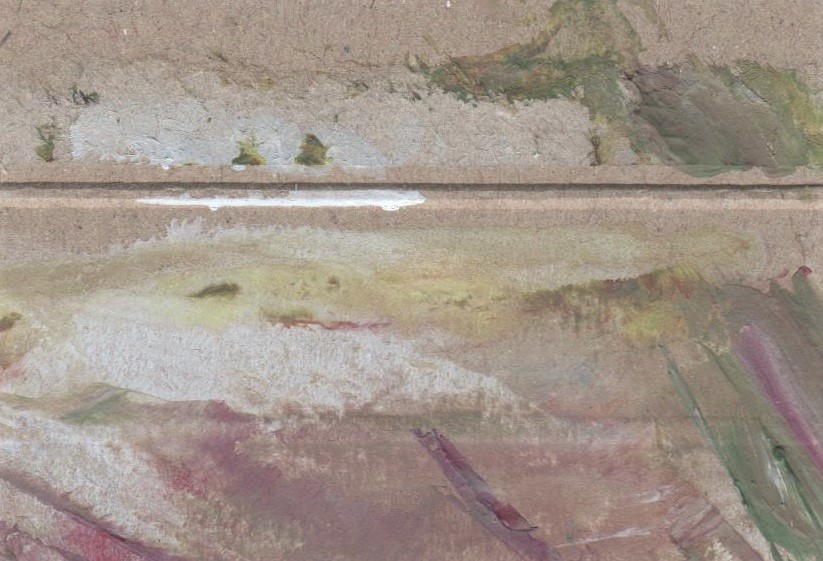Sometimes people go far away, for a holiday perhaps. They find themselves alone in strange places and discover the experience is stimulating, educational even.
Millions of people are now tourists; but millions more are refugees and exiles: they find themselves alone and lonely in strange places. Theirs is a destructive experience. Being an exile means being where you cannot settle down or be yourself; you are dumped in a city where you cannot believe you will ever flourish or be happy; you have been torn up by the roots, no longer able to use your own language, lost without the landmarks of your home country.
When so many of the Jews were taken from Jerusalem to Babylon, the prophet Jeremiah advised them from the Lord to build houses, plant gardens, take wives and have sons and daughters: “Seek the welfare of the city where I have sent you into exile and pray to the Lord on its behalf, for in its welfare you will find your welfare” (Jeremiah 29 4-7, 10-11).
No wonder Jeremiah was an unpopular prophet, telling people to settle down in exile, to accept that they would never see their old homes again. It was offensive to suggest they should pray for the welfare of this proud city which had over powered them – in short, to in short, to love their enemies and make the best of their situation.
This word of the Lord for that group of exiles cannot be a universal rule for all exiles. But it is not bad advice for any of us, that we should pray positively for the place where we are. Do not waste this one precious chance of life wishing you were somewhere else.
And do not lose heart by thinking that because you are far from where you would like to be, you are far from God: he still has plans for your welfare to give you a future and a hope. Even in exile, where you lose so much, you may find what is best of all, the God of hope.
Refugees, driven from one country to another, are not the only people who face these issues. If a stay-at-home finds himself suddenly homeless in the community where he has long been at home, he will feel changed into an insecure stranger, someone who has not got a proper place.
Or think of someone who has an accident, suddenly drastically ill and taken to hospital: she is used to running her own life, and now she has been wrenched away into exile, far from the land of health. How can she sing the Lord’s song in this strange land?
As it turned out, life was not impossible for the Jews in Babylon. They were not warmly welcomed but they did find some freedom to do what Jeremiah advised.
They put down roots and were not overwhelmed.
All exiles need sympathy, space and support. Those who are at home in the city, who feel it is theirs, need to be welcoming in actual practice. Those healthy, busy competent people who run the hospital need to make it welcoming to the sick who feel like exiles when they are brought to it.
The city best welcomes refugees when it values their prayers for its own welfare when it makes it easy for them to pray for themselves and for the welfare of the city in one breath and does not put them into the position of praying against the city as an enemy.
Living God, you have promised never to desert us. You go with your people into the exiles of their lives: when we are overwhelmed by the new and the foreign, give us your love which drives out fear so that we may serve the welfare of the community where we find ourselves.
May the stranger be welcome in our community, and our community be blessed by their prayers.
Originally published in the Baptist Times.
